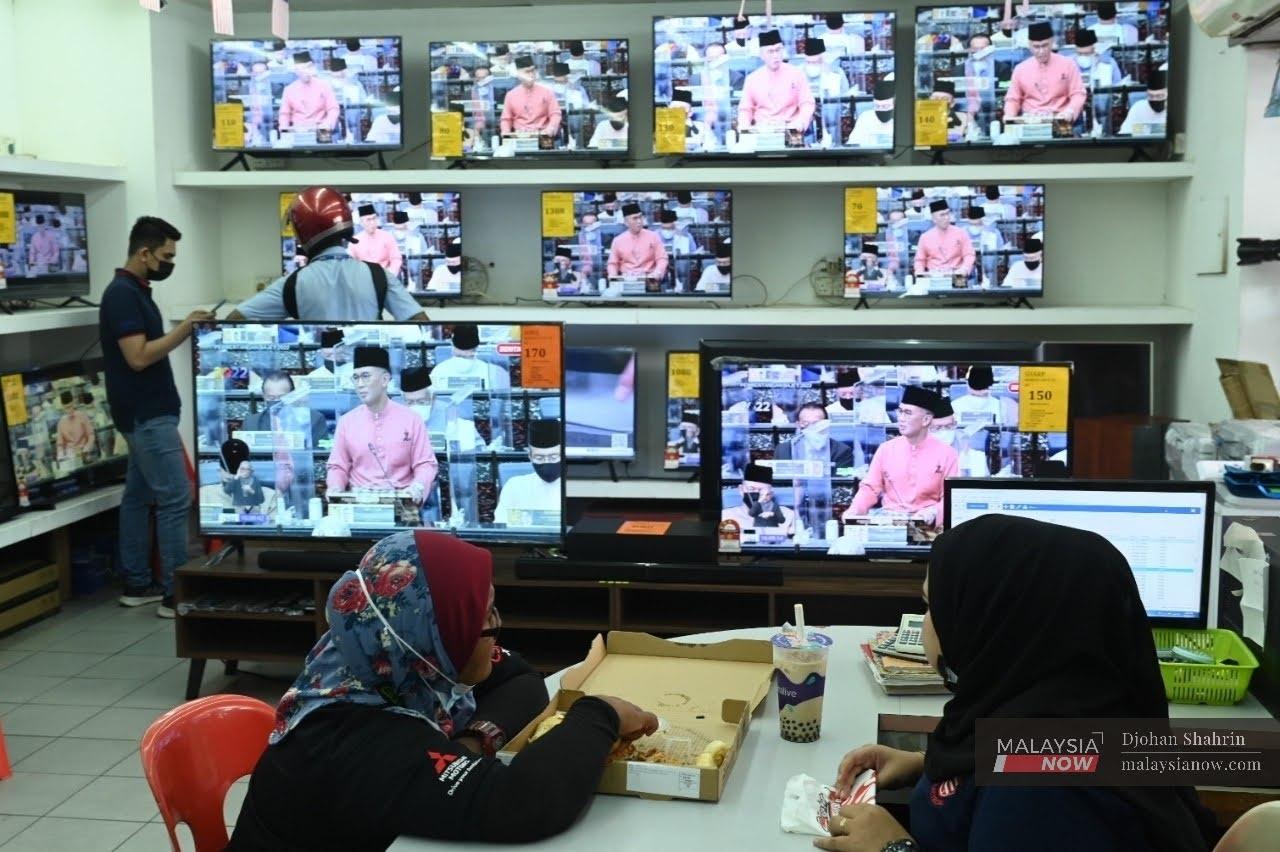Middle class, the left-behind group in Budget 2022?
Economists say not much has been provided for this group despite them being loyal taxpayers.
Just In
While Budget 2022 was Malaysia’s largest budget ever, not much was provided for the middle class or M40 group despite their position as taxpayers in the country, economists say.
Speaking to MalaysiaNow, they said the RM332.1 billion budget tabled in the Dewan Rakyat yesterday had continued the trend of focusing on cash aid for the B40 group to help cushion the economic impact of Covid-19.
Barjoyai Bardai from Universiti Tun Razak said even though 10% of the group had reportedly slipped into the B40 category, they remained unacknowledged in the 2022 budget.
“In the budget speech, we still speak of the B40,” he said. “But the M40 are actually the most affected group, and are often ignored even though they are loyal taxpayers.”
Even if no cash aid is provided for the middle class, he added, they should at least be given adequate tax relief or other forms of assistance to ease their burden.
Such burdens include the rising cost of living as well as the increase in price of goods, he said.
In his budget speech, Finance Minister Tengku Zafrul Aziz said the government planned to extend the special individual income tax relief of up to RM2,500 for the purchase of mobile phones, computers and tablets until Dec 31 next year.
For the B40 group, the biggest allocation by far for aid is the Bantuan Keluarga Malaysia, where RM2,000 will be channelled to households with three or more children and incomes of less than RM2,500 per month.
Ahmed Razman Abdul Latiff, an economist with Universiti Putra Malaysia, said the government might have assumed that the middle class are able to survive without any assistance given that the country is in the so-called recovery phase of the Covid-19 pandemic.
“But the M40 need to be taken into account as well,” he said, adding that the price of goods is expected to increase due to bottlenecks in the supply chain.
“The cost of living and home ownership are still the main issues for the M40, and a resolution is nowhere in sight.”
Barjoyai said other groups who had been left out of the budget this time included those who had lost their jobs but had not reported it, such as the self-employed, or those who work at micro businesses but are not registered as employees.
“When they lose their jobs, they are not included in the statistics for unemployment,” he said.
“When the government announced cash aid of RM500 for those who had lost their jobs, the number given was only 900,000 people.”
He urged the government to invest in developing a database that can be accessed through smartphones.
For Carmelo Ferlito, a senior fellow at the IDEAS think tank, the issue is not so much who receives what or how much is allocated for which segment. Rather, it is the measures laid out to steer the country towards long-term recovery.
“It will be a temporary relief for households,” he said of Budget 2022.
“There is an attempt to increase the tax base, which is good, but this is probably done in the wrong way – introducing new taxes which can discourage recovery while at the same time failing to address the need for a more holistic tax reform.”
Subscribe to our newsletter
To be updated with all the latest news and analyses daily.
